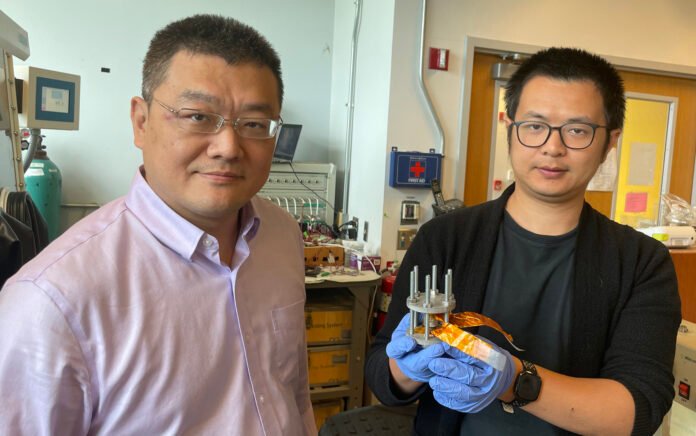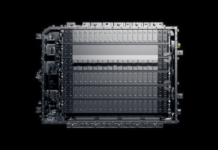Researchers led by Hailong Chen from Georgia Tech have developed a groundbreaking cathode material made of iron chloride (FeCl3) that could revolutionize lithium-ion battery technology. These batteries are key to powering electric vehicles (EVs) and large-scale energy storage systems, both crucial for advancing sustainable energy solutions. The new cathode costs only 1-2% of conventional materials while maintaining comparable performance, addressing a major hurdle in reducing the cost of EVs. With this innovation, Chen’s team aims to drastically lower the price of batteries, making EVs more affordable and improving the feasibility of widespread clean energy storage.
Chen’s research has significant implications for battery technology. Current lithium-ion batteries use liquid electrolytes, which have limits on energy capacity and pose safety risks like leakage or fires. The shift to an all-solid-state battery using FeCl3 and a solid electrolyte offers a more efficient, reliable, and safer alternative that could hold more energy. This discovery also reduces reliance on expensive, scarce metals like cobalt and nickel, replacing them with abundant elements like iron and chlorine. The team believes this technology could be commercially viable within five years, potentially transforming the EV market and contributing to the development of resilient energy storage systems for the electrical grid.







